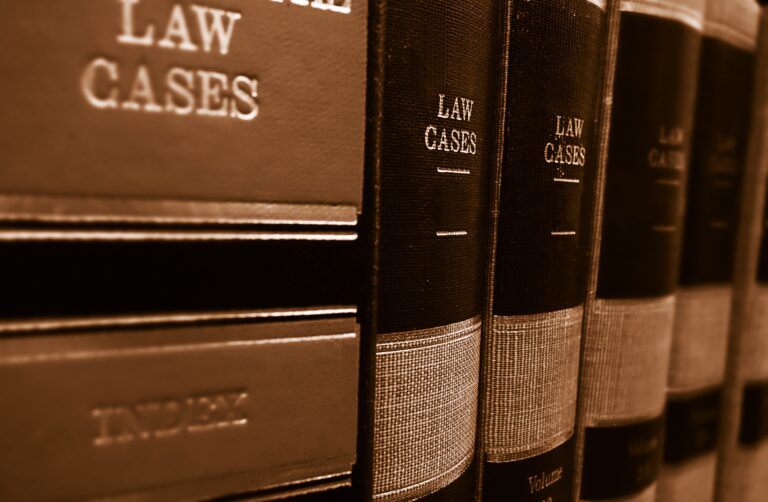A U.S. District Judge has ruled that Initial Coin Offerings (ICOs) are subject to securities laws, ICO tokens could qualify as securities (depending on the results of the Howey Test), and profiting by lying to investors could qualify as securities fraud. The defendant was accused of promoting ICOs that were advertising investments in (nonexistent) real estate and diamonds.
Whilst the details of the case itself appear straightforward, the landmark ruling is reportedly the first time a federal judge has declared that ICOs are subject to securities laws.
The defendant, Maksim Zaslavkiy, a resident of the borough of Brooklyn (in New York City), had filed a motion to dismiss, with his lawyers stating that “securities laws are unconstitutionally vague as applied.” However, District judge Raymond Dearie rejected the motion, saying that the tokens (Recoin and DRC) in the two ICOs allegedly being promoted by Zaslavkiy could be considered securities if all of the DOJ’s allegations were true, in which case the tokens would be subject to the relevant securities laws.
Judge Dearie stated that:
“Stripped of the 21st-century jargon, including the defendant's own characterization of the offered investment opportunities, the challenged indictment charges a straightforward scam, replete with the common characteristics of many financial frauds.”
Stating the Obvious
It appears as thought the landmark ruling has come as little to surprise to the wider crypto community. One of the leading crypto regulation research centers, Coincenter, has been advocating that ICOs be classified as securities since 2015:
This is in line with Coin Center’s framework for the securities regulation of cryptocurrencies and what we’ve been saying since 2015 https://t.co/hag0M1tMM7 https://t.co/FeDBadIvAW
— Neeraj K. Agrawal (@NeerajKA) September 11, 2018
Over the past year, ICOs have increasingly been used as vehicles for scams, and according to a research report from Satis, 80% of ICOs in 2017 were scams. The rising number of ICO scams has meant the most recent ruling has been welcomed by the majority of the crypto community as it means that all ICOs should adhere to the relevant securities laws, which are designed to protect investors.
JUST IN: A judge has ruled that the US dollar is in fact a fiat currencyhttps://t.co/bzFIgJfcLo
— Joseph Young (@iamjosephyoung) September 11, 2018
Water is wet https://t.co/ad3KAqF1iI
— I am Nomad (@IamNomad) September 11, 2018








